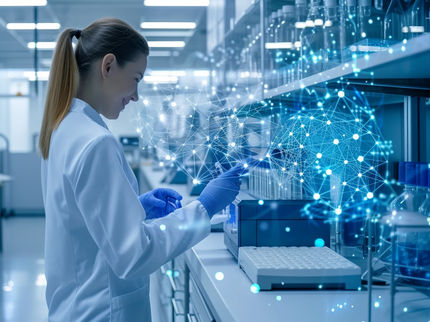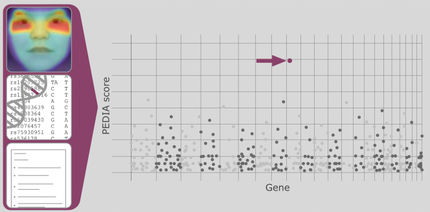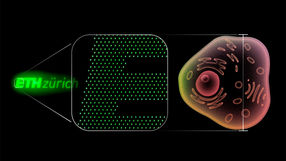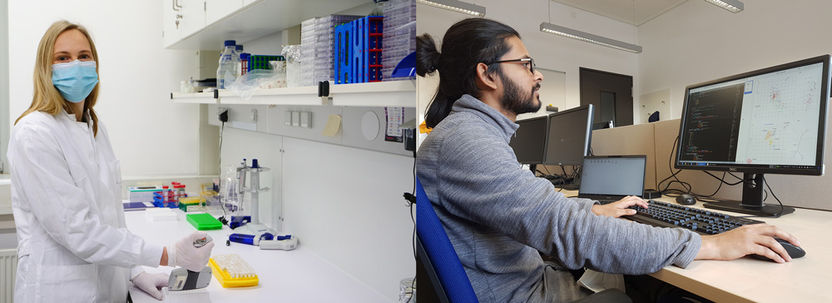Analytics connects: exchange across disciplines
Research meets application at the analytica conference 2024
From April 9th to 12th, analytica, the world's leading trade fair for laboratory technology, analytics and biotechnology, will take place for the 29th time at the Munich exhibition center. It will be accompanied by the analytica conference from April 9th to 11th. In numerous sessions, scientists report on current topics from analytics, quality control, diagnostics, measurement and testing technology as well as biotechnology and the life sciences. The scientific program of the analytica conference is designed by the Analytic Forum, which is made up of the German Chemical Society (GDCh), the Society for Biochemistry and Molecular Biology (GBM) and the German Society for Clinical Chemistry and Laboratory Medicine (DGKL).
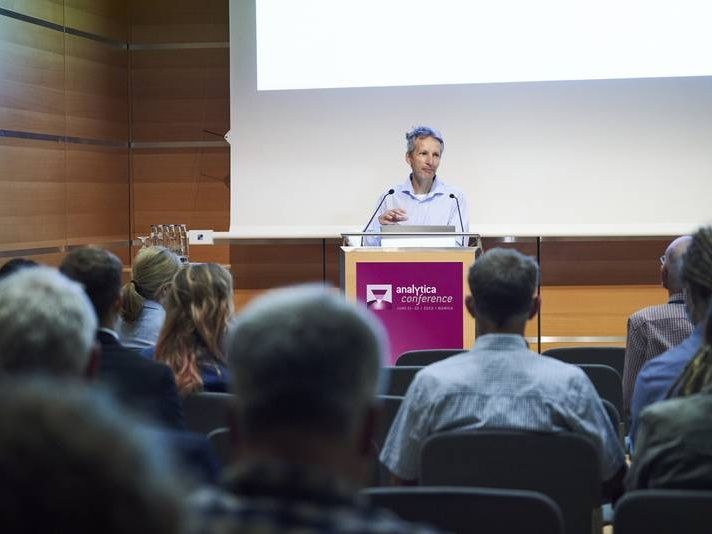
analytica conference 2022
© Messe München GmbH
For the conference, the Analytics Forum has put together an extensive program that covers almost all areas of analytics and presents the latest trends and developments. The topics have a high practical relevance, so that research and application benefit equally.
A look at the program shows how current the topics are: one session is dedicated to the topic of “Artificial Intelligence”. The use of artificial intelligence (AI) has the potential to revolutionize analytical chemistry. AI automates tasks, improves accuracy and increases research efficiency. Their role is constantly growing, making them an important tool in science. The speakers will show how AI and data science can specifically support precision analytics and laboratory medicine.
The “Sustainability” session focuses on the sustainable laboratory. Sustainability in the laboratory doesn't just mean reducing energy and waste, saving water and practicing green chemistry. Sustainable supply chains, cooperation and sustainability in training are also important levers. Even small changes can have a big impact. The speakers will present their experiences and, together with the plenum, look for ways in which laboratories can contribute to a greener and more sustainable future.
The topic of research data management is also highly topical and will be taken up in the “Research Data Management” minisymposium, which consists of three sessions. Due to technological progress, researchers are producing more and more data. But only if this data is well managed can it be found, accessible, interoperable and reusable and therefore correspond to the FAIR data principles (FAIR: Findable, Accessible, Interoperable, Reusable). Efficient data management saves time and resources, reduces errors and improves the quality of analyses. The speakers will show how crucial effective research data management is for scientific progress, promoting transparency and the reliability of results.
In addition to these and many other sessions, an accompanying poster show, supported by the companies Agilent and Merck, rounds off the program.
Two working groups of the GDCh Division of Analytical Chemistry also use the conference framework to award awards: The German working group for Analytical Spectroscopy (DAAS) awards the “Bunsen-Kirchhoff Award for Analytical Spectroscopy”, which is supported by Analytik Jena GmbH . The prize honors outstanding spectroscopic achievements, especially of younger scientists from universities, research institutes or industry. The Working Group Separation Science awards the “Eberhard-Gerstel Award” in Munich, which is sponsored by Gerstel GmbH & Co. KG. The prize honors an outstanding publication in the field of analytical separation techniques that has appeared in an internationally recognized, peer-reviewed journal .
The analytica conference takes place in the ICM – International Congress Center Munich on the exhibition grounds. Conference language is English. Admission to the conference is free for visitors to analytica. The Forum Analytik joint stand is located in Hall B2, Stand 503.
Most read news
Topics
Organizations
Other news from the department science

Get the analytics and lab tech industry in your inbox
By submitting this form you agree that LUMITOS AG will send you the newsletter(s) selected above by email. Your data will not be passed on to third parties. Your data will be stored and processed in accordance with our data protection regulations. LUMITOS may contact you by email for the purpose of advertising or market and opinion surveys. You can revoke your consent at any time without giving reasons to LUMITOS AG, Ernst-Augustin-Str. 2, 12489 Berlin, Germany or by e-mail at revoke@lumitos.com with effect for the future. In addition, each email contains a link to unsubscribe from the corresponding newsletter.
Most read news
More news from our other portals
See the theme worlds for related content
Topic world Diagnostics
Diagnostics is at the heart of modern medicine and forms a crucial interface between research and patient care in the biotech and pharmaceutical industries. It not only enables early detection and monitoring of disease, but also plays a central role in individualized medicine by enabling targeted therapies based on an individual's genetic and molecular signature.

Topic world Diagnostics
Diagnostics is at the heart of modern medicine and forms a crucial interface between research and patient care in the biotech and pharmaceutical industries. It not only enables early detection and monitoring of disease, but also plays a central role in individualized medicine by enabling targeted therapies based on an individual's genetic and molecular signature.
Trade-fair analytica
Here, innovative exhibitors present their trade fair innovations, premieres and product innovations for analytica 2026.
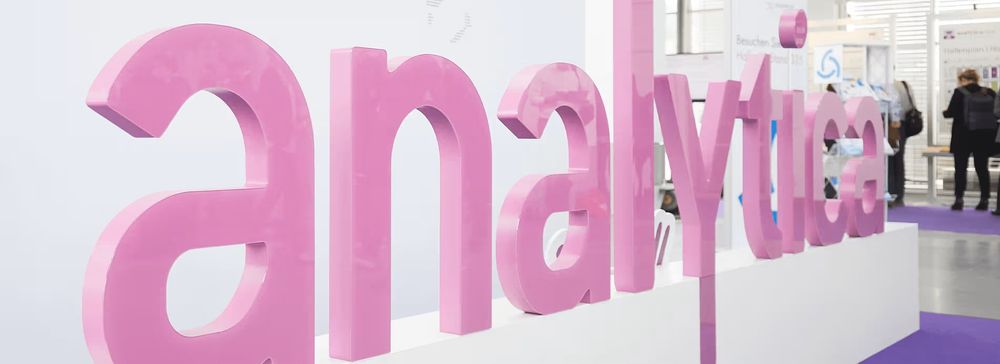
Trade-fair analytica
Here, innovative exhibitors present their trade fair innovations, premieres and product innovations for analytica 2026.
